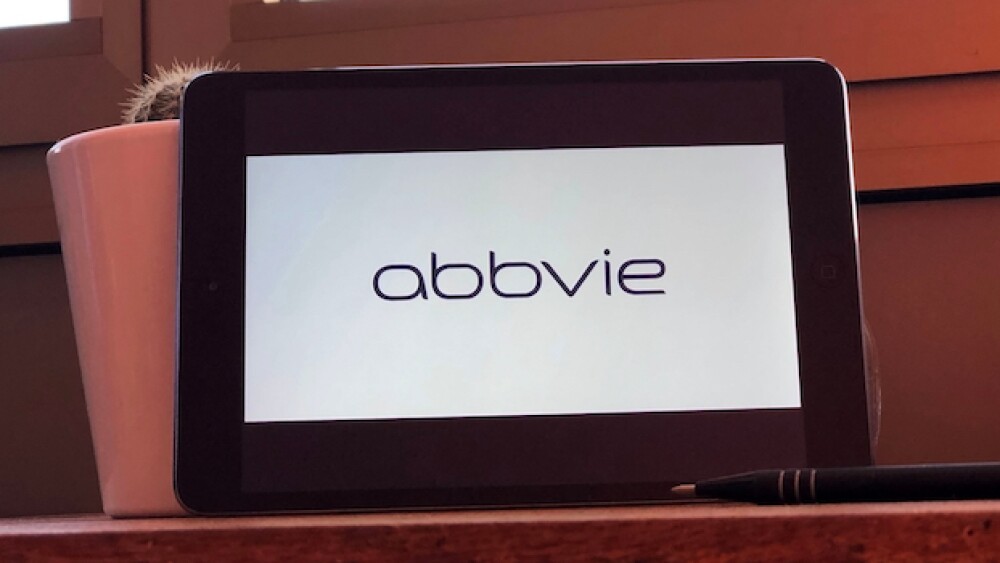AbbVie committed up to another $300 in potential milestone payments.
Kate Krav-Rude/Shutterstock
AbbVie announced its latest chimeric antigen receptor (CAR)-T cell investment, a collaboration with Caribou Biosciences worth $40 million up front in cash and equity to develop two CRISPR-edited cell therapies against AbbVie-specified targets. AbbVie committed up to another $300 in potential milestone payments.
The pharmaceutical company previously partnered with Scripps Research’s California Institute of Biomedical Research (CALIBR) drug discovery arm in 2018 to improve its CAR-T platform for cancer, and the partners expanded into additional disease areas like immunology, neurology and fibrosis in 2019.
That collaboration bore fruit last year with the launch of a clinical trial for switchable CAR T cells for a more precisely regulated therapy, designed to avoid instigating an immune overresponse known as a “cytokine storm.” The therapy is currently in Phase I testing in a host of lymphomas.
In the newly announced collaboration, Caribou will be responsible for preclinical research, development and initial manufacturing of two off-the-shelf CAR T cell therapies, and AbbVie will reimburse Caribou for the costs. AbbVie will then continue the programs into clinical development and commercialization and retains the option to expand into two additional cell therapies, for additional fees.
Caribou, co-founded by CRISPR superstar and Nobel Prize winner Jennifer Doudna, has developed a platform based on Cas12a CRISPR hybrid RNA-DNA to edit its cell therapies, which is intended to limit-off-target editing.
Last year it launched a Phase I trial for its lead therapy, off-the-shelf CAR-T CB-010, in relapsed/refractory B cell non-Hodgkin lymphoma. Caribou also has at least two other CAR T cells in preclinical testing for multiple myeloma and acute myeloid leukemia, respectively, and an induced pluripotent stem cell-derived natural killer (NK) cell therapy in preclinical testing for solid tumors.
This is the largest disclosed partnership for Caribou to date. According to Rachel Haurwitz, Caribou’s President and CEO, “This collaboration validates Caribou’s differentiated next-generation CRISPR genome editing technologies that provide best-in-class efficiency and specificity.”
At least one other off-the-shelf CRISPR-edited CAR-T therapy is in the clinic. Last year, CRISPR Therapeutics announced topline data for its ongoing Phase I trial, testing the safety of CTX110 in CD19+ B-cell cancers in 11 patients. The company reported no dose-limiting toxicities or graft-vs-host disease, but three patients experienced a cytokine storm and one immune compromised patient died.
At least one other company, Bioheng Biotech, has CRISPR edited CAR-T cells in preclinical development. The Chinese company presented positive safety and efficacy data last year for CTA101, its CD19/CD22 dual-directed CAR-T cells, and it is planning a Phase I trial in relapsed or refractory diffuse large B-cell lymphoma.
Featured Jobs on BioSpace






